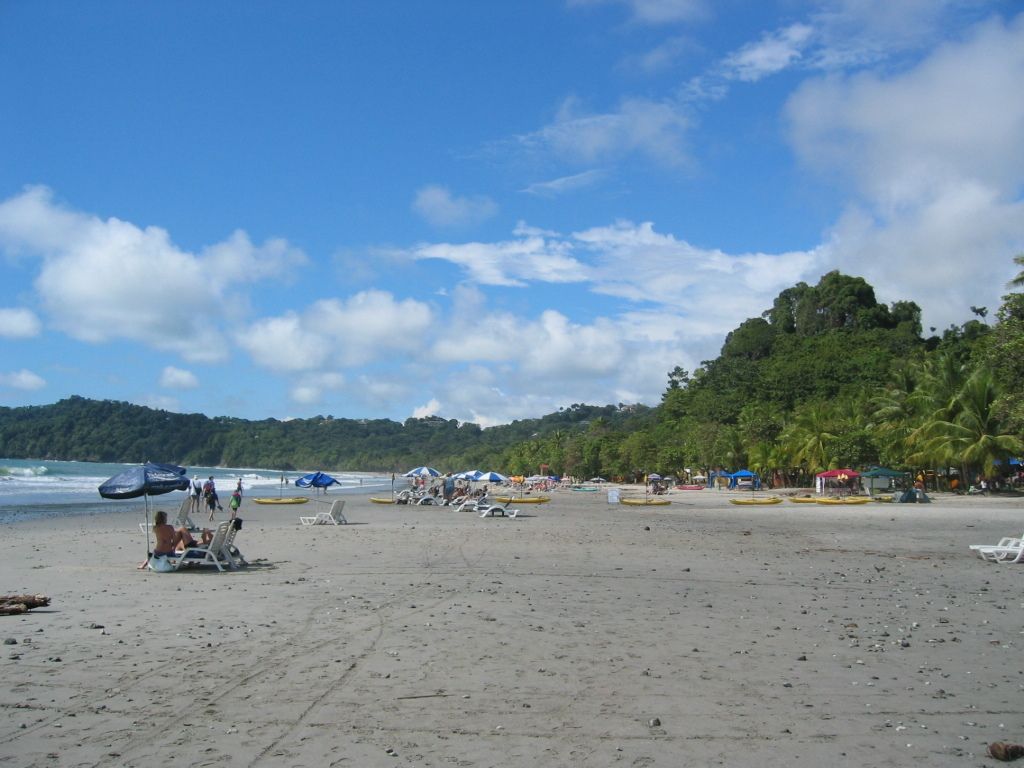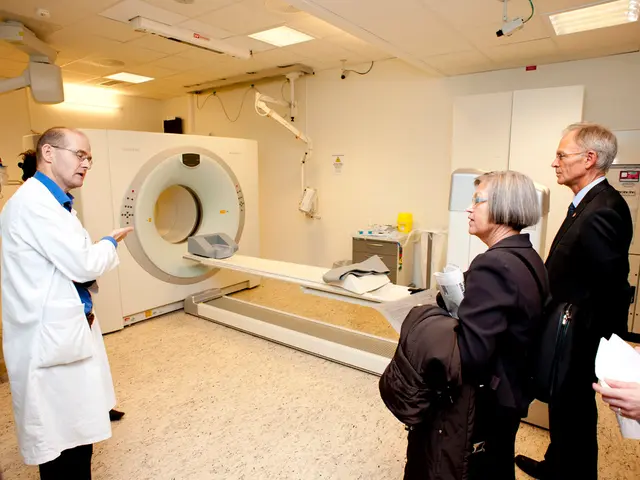Sudden, severe rosacea outbreak: Understanding causes, identifying symptoms, and exploring treatment options
Hey there! Rosacea Fulminans, a rare and severe form of inflammatory skin condition, can hit hard and fast, primarily targeting the central parts of the face. It's known for busting out as flushed, swollen, and painful nodules and zits that merge, and it ain't your typical rosacea or acne.
This burner typically targets ladies of childbearing age, but the exact cause? Clue still elusive, mate. Some scientists say it might link up with other baddies like inflammatory bowel disease and pregnancy. Plus, it's more likely to pop up in folks who've had some form of rosacea before.
Stress, hormonal fluctuations, and certain meds can cause flare-ups. It's also conceivable that diet may play a role, but it's not all clear-cut. Some research points to spicy foods, alcohol, acidic foods with cinnamaldehyde (like chocolate, tomatoes, and citrus), histamine-rich foods (like wine, aged cheese, and processed meats), and hot drinks as potential triggers. But remember, this isn't exclusive to rosacea Fulminans, and every person's triggers can vary.
Symptoms usually wreck shop on the forehead, nose, cheeks, and chin, coming with sudden redness, pustules, inflammation, flushing, stinging, and burning. In some cases, ocular symptoms, like itchy or burning eyes and light sensitivity, might occur. Systemic symptoms like fever and fatigue are pretty rare.
Treatment might involve prescription-only acne medication called isotretinoin, and corticosteroids in pill or cream form. Antibiotics combined with corticosteroids and lifestyle changes can also bring relief. Identifying and dodging those triggers can help - think stress reduction, diet tweaks, and skincare product swaps. Putting these strategies with medical treatments can help manage symptoms and improve quality of life.
If you're experiencing symptoms that go beyond regular rosacea or acne, have a sudden onset, or persist despite OTC treatments or usual rosacea therapies, contact a dermatologist or healthcare professional ASAP. A quick diagnosis and treatment could help manage symptoms, reduce complications, and improve emotional well-being.
- Rosacea Fulminans, a severe skin condition, is often linked to dermatology and medical-conditions, particularly in women of childbearing age.
- Some researchers believe the cause of rosacea Fulminans may be connected to other medical conditions like inflammatory bowel disease and pregnancy.
- In the field of health-and-wellness, it's important to understand that stress, hormonal fluctuations, certain medications, diet, and specific food triggers such as spicy foods, alcohol, acidic foods, and histamine-rich foods can potentially trigger or worsen rosacea Fulminans symptoms.
- Women experiencing symptoms beyond typical rosacea or acne, or symptoms that persist despite over-the-counter treatments or usual rosacea therapies, should seek advice from a dermatologist or healthcare professional for optimal care and management of this skin-condition, potentially improving both physical health and womens-health.








